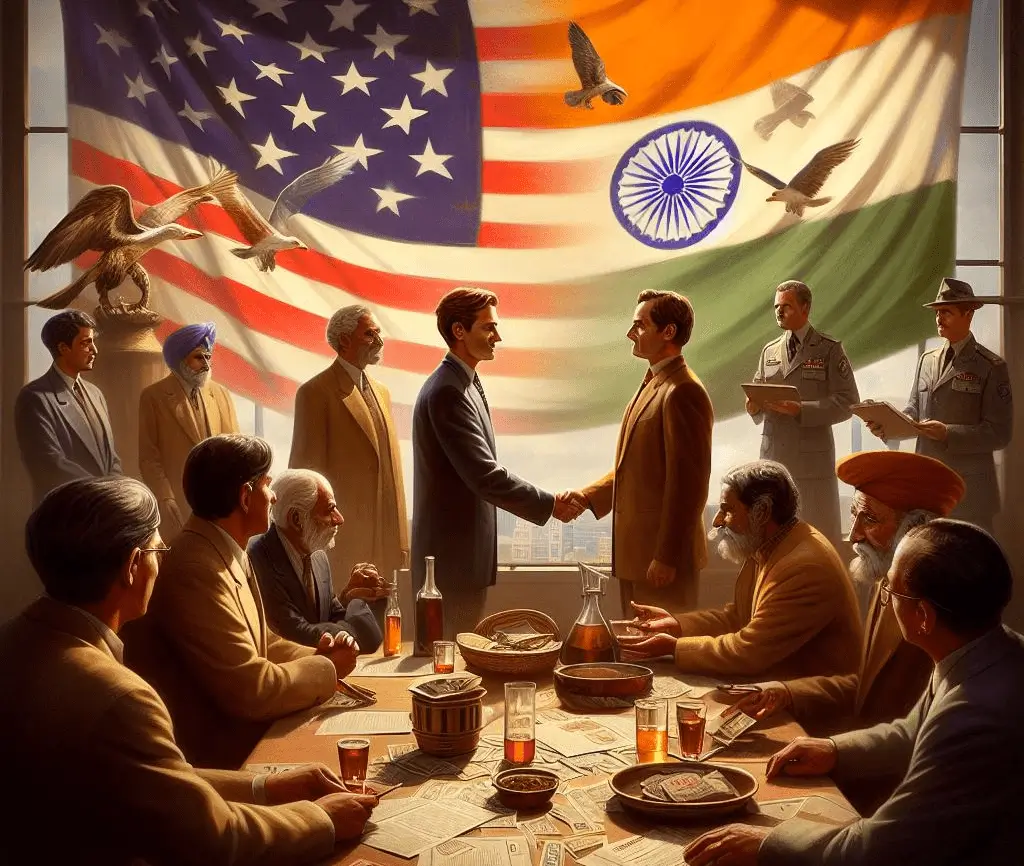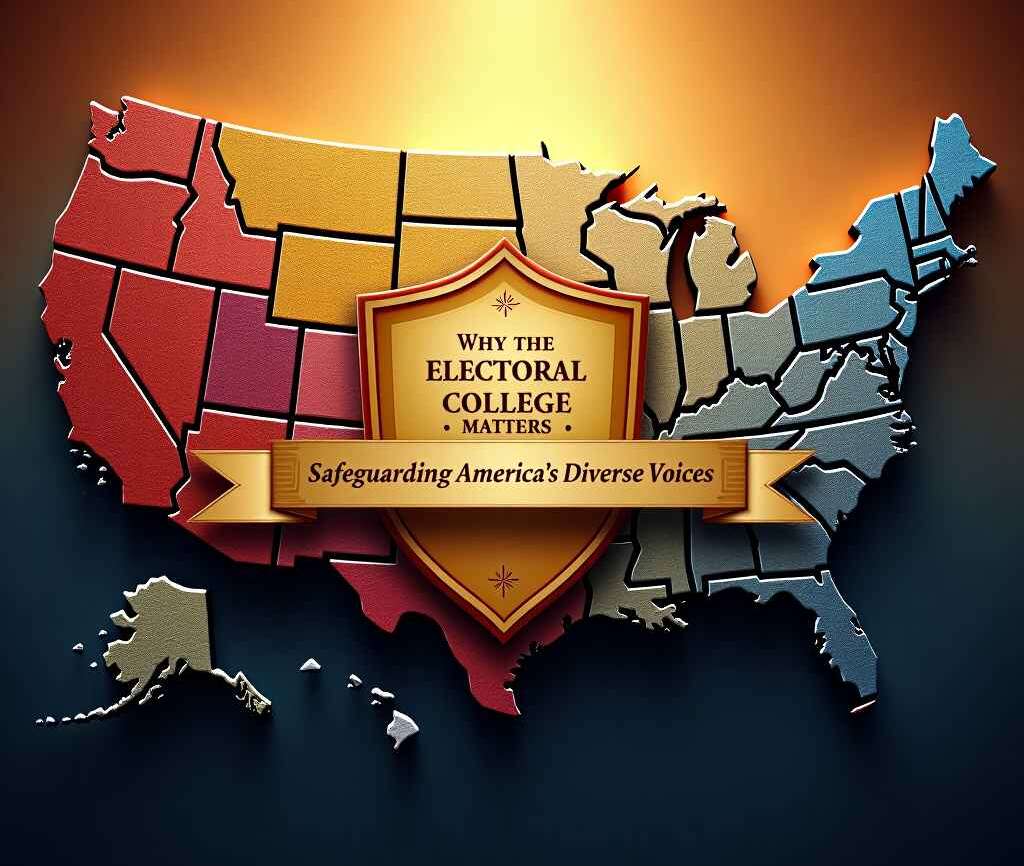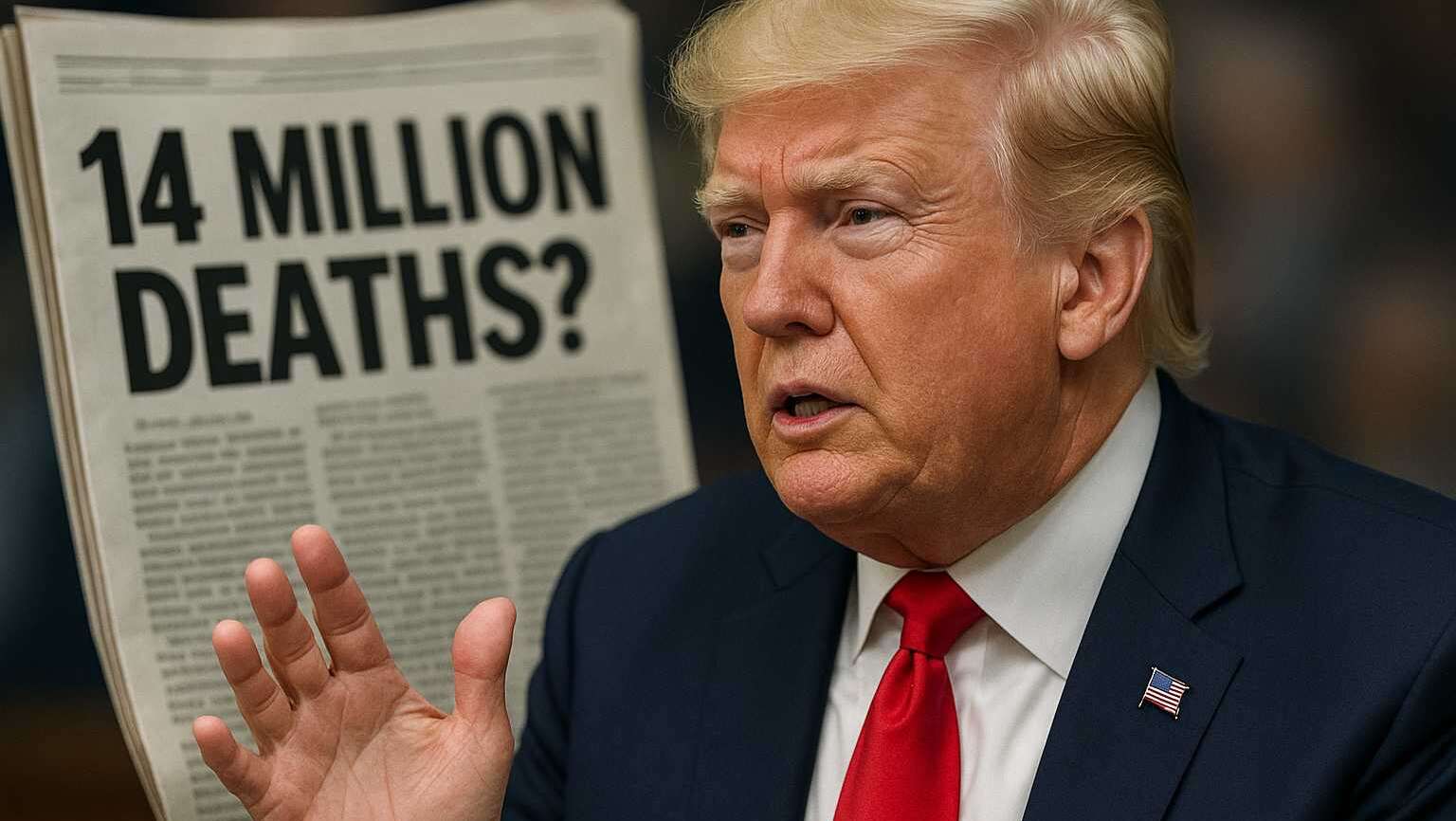A few days ago, Mr. Rahul Gandhi, Indian National Congress Party candidate for Prime Minister, visited Assam and while there, offered a biscuit (‘cookie’, in US English) to a supporter’s dog. The dog refused the cookie, so Gandhi offered it to the man and he took it. The man then gave it to his dog and the dog accepted it. When the ‘cookie’ incident made the news in India it appears that Assam Chief Minister, Himanta Biswa Sarma, a Congress party opponent of Mr. Gandhi, used it to illustrate how the party leader has treated his Assam supporters and neglected to share valuable patronage ‘wealth’ with them.1 Mr. Sarma has since used the ‘cookie’ news item as a very convenient political weapon with which to attack Mr. Gandhi over alleged corruption and patronage.2
Historically, the patronage system has been entrenched in Indian politics since independence. It has usually involved the issuance of cards identifying a citizen as a welfare recipient (BPL cards). When cards are issued by the party in power, the party is positioned well to win further elections. If one state appears to be neglected when these cards are distributed party rivalry becomes intense.3 In India this aspect of power patronage is often abused and has produced what has been called “ghost BPL cards” resulting in extending entrenched poverty rather than alleviating it, while lining the pockets of government bureaucrats.4
An important issue, patronage and its attendant corruption have been and continue to be problems that any newly elected President here in the US must contend with to make important changes in the policies of the preceding administration. The term that has been coined to describe an unelected bureaucracy that often defeats efforts for positive change in US government policy is the ‘deep state.’5 This vast shadowy body of underlings administers the policy directives of the previous Washington D. C. government and often owes its allegiance to and shares the values of, the previous administration. Historically and in current practice, the ‘deep state’ has largely been a product of elected officials installing their supporters in well-paying government jobs…patronage. These bureaucrats in turn are ‘their people’ usually supporting their goals and generally sharing the same political views. As a result, when a new administration is installed in Washington seeking to make drastic changes in policy, the shadow government that remains (the ‘deep state’) that is actually a reflection of the previous administration and often does not share the views of the new administration, becomes a source of frustration for efforts to make positive changes.6
In his 2018 book The deep state: how an army of bureaucrats protected Barack Obama and is working to destroy the Trump agenda, Jason Chaffetz documented several instances of democrat activists entrenched in the shadow government actively undermining newly elected President Donald Trump’s efforts to make policy changes.7 It is not surprising that members of the Department of Justice turn out to have been many of the unelected bureaucrats that actively worked against President Trump.
Patronage and the ‘deep state’ have been in the recent news as well. The current administration of Democrat President Joe Biden and its supporters are preparing for the very real possibility of a return to the White House for Republican President Donald Trump. It appears that Biden and the Democrats are establishing new rules that make it even more difficult than before for an incoming administration to make wholesale policy changes that represent different political views and values from the ‘deep state’ shadow government that would have to implement them.8 Democrat activists are crafting new Federal guidelines that limit the ability of a President and a new administration to make changes to the existing bureaucracy.
It is a cherished belief here at I Vote My Vote that it is elected officials reflecting the will of the people who elected them, that should have the power to implement their policies. We believe that voters should know who in government are seeking to undermine the ability of their duly elected officials to act in their interests. We believe that voters should know who it is in the shadow government, the ‘deep state’, that are looking to subvert the will of the people.
- Himanta Biswa Sarma condemns Rahul Gandhi for viral dog biscuit video, recalls earlier controversy. (2024). Hub Network. Retrieved from https://hubnetwork.in/himanta-biswa-sarma-condemns-rahul-gandhi-for-viral-dog-biscuit-video-recalls-earlier-controversy/
- Ibid.
- Sadanandan, A. (2012). Patronage and Decentralization: The Politics of Poverty in India. Comparative Politics, 44(2), 211–228. http://www.jstor.org/stable/23211811
- Ibid.
- Clark, C. (2017). DECONSTRUCTING THE DEEP STATE. The Government Executive. Retrieved from https://www.govexec.com/feature/gov-exec-deconstructing-deep-state/
- Bernhardt, D. (2023). The Deep State Is All Too Real. The Wall Street Journal. Retrieved from The Deep State Is All Too Real
- Chaffetz, J. (2018). The deep state: how an army of bureaucrats protected Barack Obama and is working to destroy the Trump agenda. HarperCollins.
-
Weissert, W. (2024). Trump wants to fire thousands of government workers. Liberals are preparing to fight back if he wins. The Associated Press. Retrieved from https://apnews.com/article/biden-2024-government-regulations-democrats-6badc3b424b9eff3ba51e0ec35a8d824



